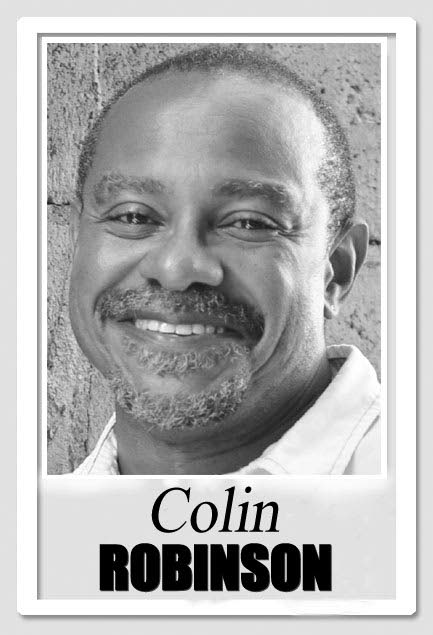Political trust

It’s election season already; and I’ve been re-reading We Like It So? If there’s one point that my encounters with Terrence Farrell and his work have driven home hard, it’s that we are a low-trust society.
And if there’s one point that readers of this column know, it’s my deep conviction that we will get nowhere by yearning for the return of a social order where institutions and offices generated inherent respect for their authority.
After centuries where that authority — and the ideology that justified it — were imposed on us unjustly and violently by others, and decades where it was abused by those who look just like us, that respect is always going to have to be earned. And earned within a context where trust is low and suspicion high.
Trust isn’t just trust in people. It’s trust that systems function — that by following rules you won’t be outsmarted or overtaken by those who didn’t. It’s also trust in the things you believe in — trust that the way you understand the world is reliable.
Faith is under siege. The hallmarks of the post-WWII period of the last century were the rise of globalisation, post-modernism and feminism, the destruction of the safety of authoritative truth, traditional power and family relations, and the insulation of the local. Here, additionally, runaway crime, much of it opportunistic, the dwindling of the power that the State and its institutions once had in the face of international finance and the narco-economy, and endemic political and security force corruption, have all piled on top of our basic sense of psychic insecurity.
A dysfunctional educational system mismatched with economic opportunity makes losers of the majority of its young people. Expanding state patronage has offered only a plaster against ever more visible inequality that reinforces a daily sense of injustice. And over a decade of justice system reforms has left thousands languishing awaiting trial, some longer than the sentence for the offence.
So we turn in droves to fundamentalist faith to reimpose order on the madness — whether it’s the ageing Bishop’s girl joining the Pentecostal church, the young African man making salaat, or others on the way to jihad.
When Justice Rampersad overturned our disused sodomy laws a year ago, we felt panic, fearing giving people autonomy over their own bodies would ensure sexual chaos. We don’t truly trust people to be responsible with freedom.
Well – there’s my back-of-the-envelope analysis of the country, much of which you’ve heard before. Our sociology at least. Macroeconomics are another matter.
Election time is when we take stock of the many problems facing us, the various analyses of them put forward, the lack of solutions on offer – and pick one. Very soon we’ll be asked to choose between another five years of whatever we’ve had for the last four, or an alternative.
One of those is pretty clear – a sometimes winning recipe that mixes social-justice legislation with liberal patronage, the heft of targeted corruption that normally comes out in the wash, and a tribalism that makes the largest of our ethnic minorities feel a sense of victimhood. What’s missing these days, though, is the added ingredient of a get-things-done without-our-attention-to-the-cost Jack or John.
From their opening “We’re in charge now” salvo, to the superciliousness of the white armchair, to the periodic grandfatherly talking-to, more-of-the-same appears to be a certain kind of authoritarianism mixed with a dubious competence.
But as much as we incessantly wring our hands and mourn authority’s vanishing or pray for its return, a parallel fact of our political sociology is that we simply don’t entrust it to politicians.
Correspondingly, what is fast becoming the hallmark of our current mode of governance is lack of trust in citizens. A series of legislative proposals taken to the Parliament has each resulted in civil society hue-and-cry, from the sex-register proposal, to the FATF-driven nonprofit registration framework, to the new intent to hurriedly reorganise the Freedom of Information regime.
In two of those cases, the pushback has resulted in some breathtaking examples of accountable legislating that ought to have been embarked on from the start.
I have no political loyalties. I was in Rienzi in 2010, and Balisier House in 2015, celebrating more what was gone than what was coming. I don’t live in a marginal constituency. So my voting strategy in recent elections has been to spoil my ballot with a political message I hope makes more of a difference than one vote.
I’m ageing, too; and my expectations of politicians are that a worthy one comes along once every other generation.
But what would earn my vote is something remarkably simple. If I were invited to the table repeatedly over the next year to help perfect legislation, instead of having to force my way there, I’d reconsider voting instead.
Perhaps those folks blocking roads and signing petitions feel likewise.


Comments
"Political trust"